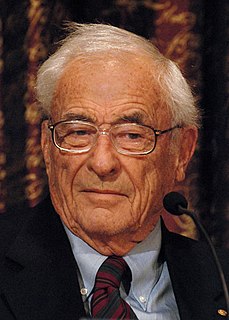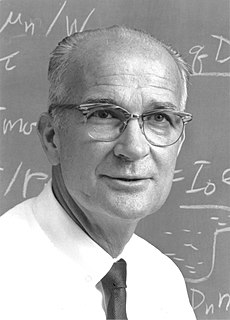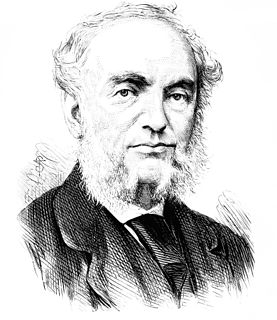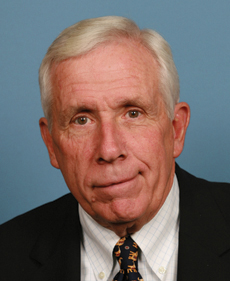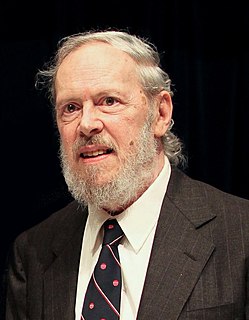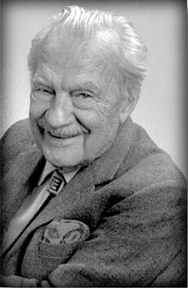A Quote by Willard Boyle
Lester Germer was my first supervisor at Bell Labs. He was the Germer of the Davisson and Germer Experiment that is sometimes referred to in introductory texts on physics.
Quote Topics
Related Quotes
In those days before hearing Charlie Parker and Dizzy, and before learning of the so-called bebop era--by the way, I have some thoughts about that word, "bebop"--my first jazz hero ever, jazz improvisor hero, was Lester Young. I was a big "Lester Young-oholic," and all of my buddies were Lester Young-oholics. We'd get together and dissect, analyze, discuss, and listen to Lester Young's solos for hours and hours and hours. He was our god.
I do not think the division of the subject into two parts - into applied mathematics and experimental physics a good one, for natural philosophy without experiment is merely mathematical exercise, while experiment without mathematics will neither sufficiently discipline the mind or sufficiently extend our knowledge in a subject like physics.
Bell Labs Cafeteria, New York, 1943: His high pitched voice already stood out above the general murmur of well-behaved junior executives grooming themselves for promotion within the Bell corporation. Then he was suddenly heard to say: "No, I'm not interested in developing a powerful brain. All I'm after is just a mediocre brain, something like the President of the American Telephone and Telegraph Company."
But, contrary to the lady's prejudices about the engineering profession, the fact is that quite some time ago the tables were turned between theory and applications in the physical sciences. Since World War II the discoveries that have changed the world are not made so much in lofty halls of theoretical physics as in the less-noticed labs of engineering and experimental physics. The roles of pure and applied science have been reversed; they are no longer what they were in the golden age of physics, in the age of Einstein, Schrödinger, Fermi and Dirac.
The fact that Science walks forward on two feet, namely theory and experiment, is nowhere better illustrated than in the two fields for slight contributions to which you have done me the great honour of awarding the the Nobel Prize in Physics for the year 1923. Sometimes it is one foot that is put forward first, sometimes the other, but continuous progress is only made by the use of both-by theorizing and then testing, or by finding new relations in the process of experimenting and then bringing the theoretical foot up and pushing it on beyond, and so on in unending alterations.
